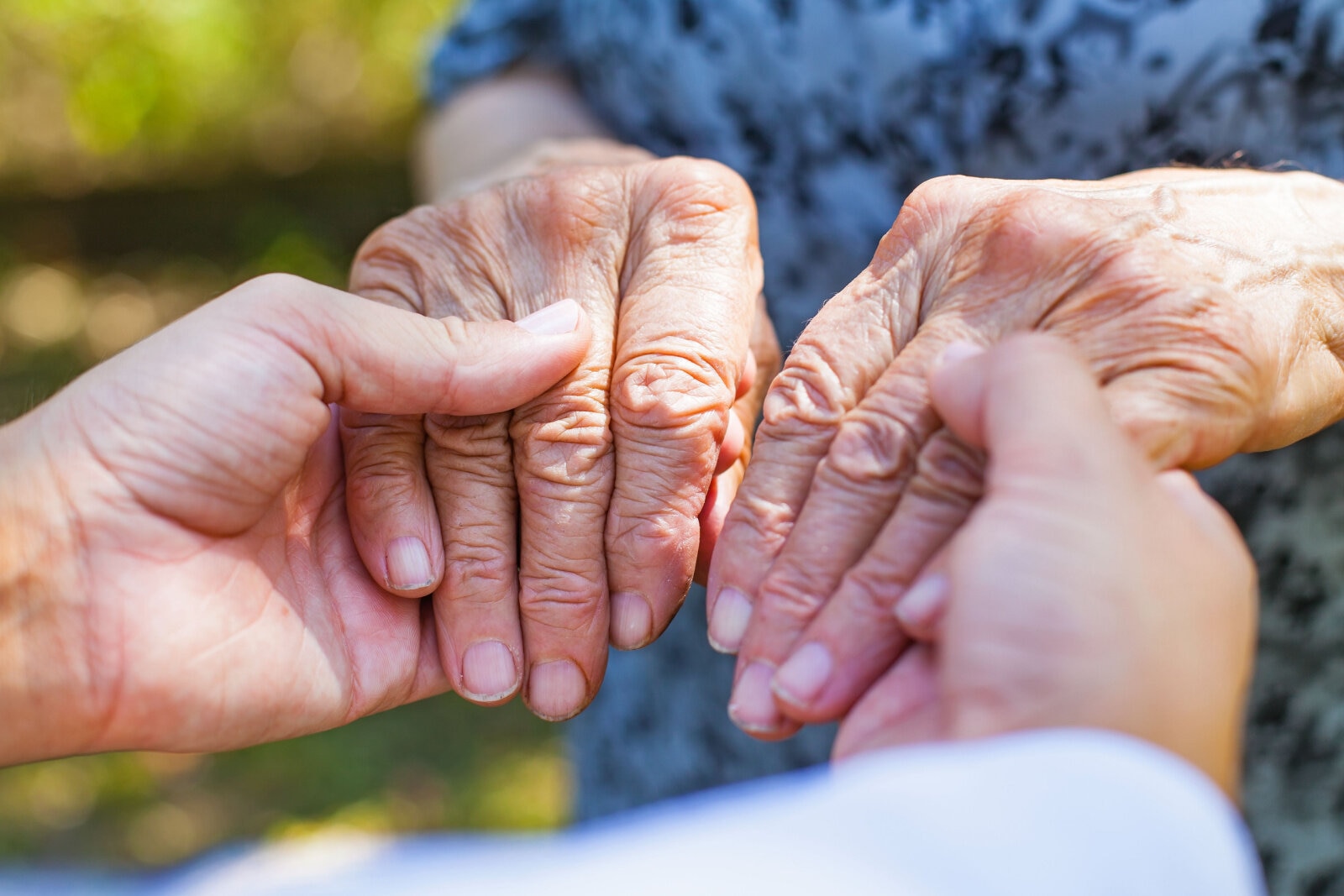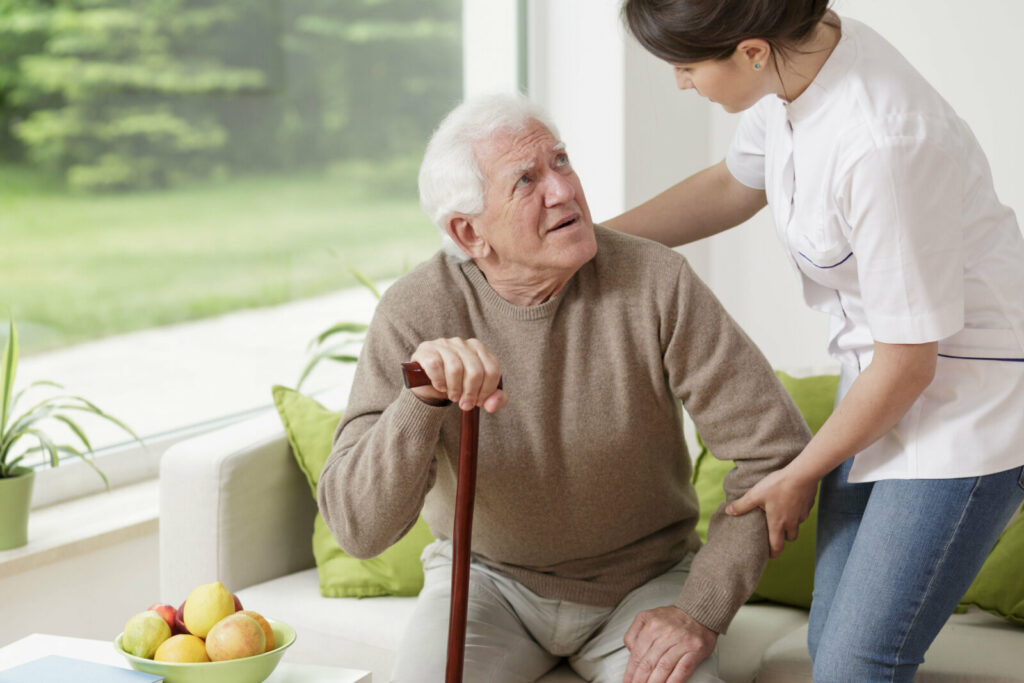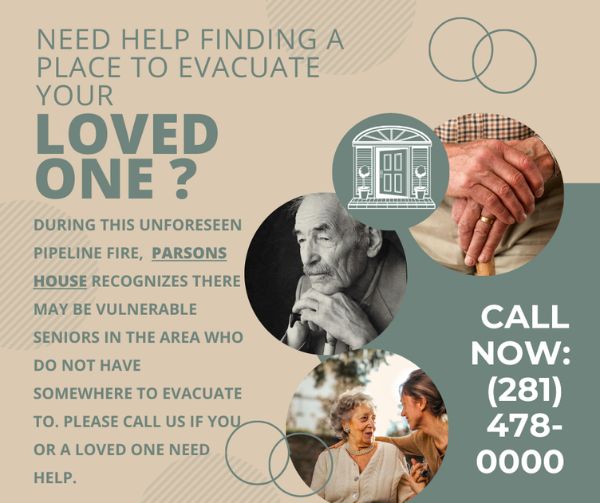Parkinson’s disease is a progressive neurological condition that affects neurons (nerve cells) in the brain, resulting in uncontrollable body movements and cognitive changes. Assisted living in senior living communities provides support to help improve the quality of life for seniors with Parkinson’s.
The progression of Parkinson’s is unique in each individual, where symptoms can begin gradually or develop more quickly. The Hoehn and Yahr rating scale helps classify the progression of symptoms based on 5 stages: mild, moderate, middle, severe, and advanced.
What Is Parkinson’s Disease?
Parkinson’s is a brain disorder that can affect anyone but affects men more than women and people mostly over 60. It results when the nerve cells in the basal ganglia, an area in the brain that controls movement, die, and the cause is unknown.
Researchers believe Parkinson’s results from a combination of genetics and environmental factors. While the disease affects your ability to move with motor issues, it can also cause non-motor ones, such as mental and behavioral changes.
Motor symptoms worsen as the disease progresses and can include:
- Uncontrollable shaking and tremors
- Rigid muscles or stiffness
- Slowness of movement
- Difficulty with balance and coordination
Some non-motor symptoms may develop years before Parkinson’s and others after. These can include:
- Pain
- Fatigue
- Loss of smell
- Speech and swallowing problems
- Sleep problems like insomnia
- Constipation
- Mood disorders such as depression
- Cognitive changes, such as memory difficulties, thinking, issues with planning, and a shorter attention span
- Dementia.

Stages of Parkinson’s Disease
Parkinson’s does not cause death or affect how long you live. However, it does affect your quality of life, where most people will have at least one major issue after 10 years, such as dementia or a physical disability.
Because Parkinson’s progresses in people differently, it helps to know what to expect by understanding the stages for early detection, prompt treatment, and getting the best care for a quality life.
Stage 1
Stage 1 is the initial or mild stage of Parkinson’s. Symptoms can be so mild they are often not picked up because they don’t usually interfere with daily life and tasks.
Symptoms can include mild tremors and movement difficulty, mainly on one side of the body, and changes in posture, facial expressions, and walking. Family and friends may notice some of these.
During stage 1, you can take prescribed medications to minimize and reduce symptoms.
Stage 2
The transition from stage 1 to 2 can take months or years. Symptoms in this stage are more noticeable, moderate, and start to worsen. Tremors, stiffness, and trembling may affect both sides of the body and the neck and trunk.
Balance may not yet be affected, but walking problems can increase, and posture starts to change. In stage 2 Parkinson’s, many people can still live independently, but daily living and tasks are more challenging and take longer.
Stage 3
Stage 3 is the middle stage of Parkinson’s where things can take a turn. Symptoms are usually the same as in stage 2, but a loss of balance and falls are common.
A person with stage 3 Parkinson’s can still live independently. However, they are more restricted in what they can do. Decreasing symptoms involve medication with occupational therapy.
Stage 4
In stage 4, a person cannot live independently because symptoms fully develop and are disabling. Standing without assistance is possible, but they may need a walker to get around safely.
You can expect trouble with balance and coordination, and slower movements with small, shuffling steps. People in this stage will need help with daily tasks since decreased movement and reaction time can make it unsafe to live alone.
Stage 5
Stage 5 is the advanced stage of Parkinson’s disease and the most debilitating. People in this stage require around-the-clock care for help getting out of bed, dressing, or performing daily activities. Stiffness in the legs makes it impossible to stand or walk. People in this stage are often bedridden or need a wheelchair.
During this stage, dementia is common and can affect more than 50% of people with Parkinson’s. Other symptoms can include confusion, hallucinations, and delusions. Medications don’t help much since the side effects outweigh the benefits.
Assisted Living to Support Those Living with Parkinson’s
As Parkinson’s moves through its different stages, symptoms can remain stable in the early stages or worsen and become more severe in the late stages. It’s vital to learn how to support a loved one affected by Parkinson’s because these changes can be challenging.
If you notice a loved one with symptoms of Parkinson’s, they can benefit from personalized support and assistance. Contact Parsons House La Porte or schedule an in-person tour to learn about our assisted living lifestyle.



